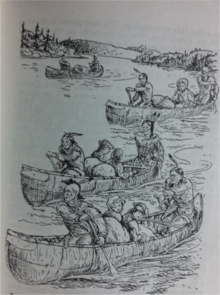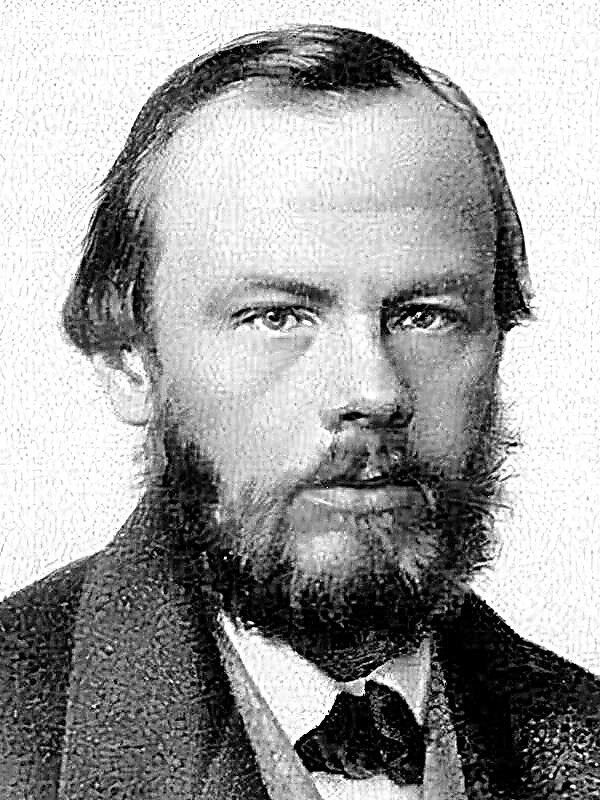The abundant island of Sicily, "the horn of Bacchus, the garden of Pomona" is beautiful, its fertile fields are golden, like the snow of the wool of sheep grazing on the mountain slopes. But there is a terrifying place on it, "a haven for a terrible night," where darkness always reigns. This is the cave of Cyclops Polyphemus, which serves him as a “deaf chamber”, and a dark house, and a spacious corral for his sheep flocks. Polyphemus, the son of the lord of the sea of Neptune, is a thunderstorm for the entire neighborhood. He is a walking mountain of muscles, it is so huge that it knocks down trees like blades on the go, and a mighty pine serves as a shepherd's staff. The only eye of Polyphemus burns like the sun in the middle of the forehead, locks of combed hair "fall off dirty and smash", interfering with the lush growth of a beard covering the chest. Only occasionally does he try to comb his beard with clumsy fingers. This wild giant loves the nymph Galatea, daughter of Dorida, the sea nymph. Immortal gods generously endowed Galatea with beauty, Venus endowed her with the “charm of Grace of all”. All the shades of femininity are merged in it, and Cupid himself cannot decide what is most fit for the most beautiful of the nymphs - "snow purple il snow purple." All the men of the island honor Galatea as a goddess. Plowmen, winegrowers and shepherds bring gifts to the sea and lay them on the altar of Galatea. But in that veneration there is more passion than faith, and ardent youths dream of the love of a beautiful nymph, forgetting about daytime labor. But Galatea "the snow is colder", no one can force to awaken in her a reciprocal feeling.
Once, in the midst of the heat of the day, Galatea falls asleep in a bowl on the banks of a stream. In the same place comes the young handsome Akid, tired of the scorching heat - / “dust in the hair, / sweat on the brow”. / Going to quench his thirst with cool water, he leans over the stream and freezes, seeing a beautiful maiden whose image is doubled by reflection in the water. Akid forgets everything, his lips eagerly absorb the "flowing crystal", while his gaze revels just as eagerly as "crystal frozen."
Akid, born of the wondrous Simetis and the goat-footed satyr, is just as perfect as the perfect Galatea. His face pierces the hearts like an arrow of Cupid, but now, at the sight of the beauty of Galatea, he himself is seized with love languor. / "So steel / captivating magnet found / ..."
Akid does not dare to wake the sleeping nymph, but leaves her beside him. her gifts: almond fruits, sheep’s milk oil on reed leaves, wild bee honey - and hides more often. Having woken up, Galatea looks with surprise at the offering and wonders who the unknown donor was: / "... no, not the Cyclops, / not the Faun / and not some other freak." / The gifts themselves flatter her, and the fact that the stranger honors not only the goddess herself, but also her dream, and yet nothing but curiosity is experienced by a nymph who never knew love. Then Cupid decides that it is time to break her coldness, and inspires her with love for an unknown donor. Galatea wants to call him, but she does not know his name, she rushes in search and finds Akida in the shade of the trees, who pretends to be sleeping, in order to “hide the desire”.
Galatea examines the sleeper. His beauty, as natural as the beauty of wildlife, completes the work begun by the god of love: in the soul of Galatea, love for a beautiful young man flares up. And he, still pretending to be sleeping, through closed eyelids, watches the nymph and sees that he won. The remnants of fear disappear, Galatea allows the happy Akid to rise, with a gentle smile beckons him to a steep cliff, sheltering the lovers in a cool canopy.
At that time, Polyphemus, climbing a high rock, carelessly plays the flute, not knowing that the daughter of Dorida, who rejected his love, did not reject the love of another. When the music of Polyphemus reaches the ears of Galatea, fear grips her, she wants to turn into a blade of grass or a sheet to hide from Polyphemus' jealousy, she wants to run, but she’s too strong / “vines of arms / crystal”, / twisted with love. Galatea remains in the arms of her lover. Meanwhile, Polyphemus begins to sing, and the mountains are filled with him / "all with an ashy voice." / Akid and Galatea in fear run to the sea, seeking salvation, run “along the slopes / through the blackthorn” “like a hare’s couple,” / behind which her death is rushing along. But Polyphemus is so sharp-sighted that he could have noticed a naked Libyan in a vast desert. The piercing gaze of his terrible eye overtakes the fugitives. Jealousy and rage of the giant are immeasurable. He / "pulls out / from the mountain stream" / a huge rock / and throws it into Akida. Looking with horror at the crushed body of her lover, Galatea appeals to the immortal gods, praying that they will turn Akida’s blood into “pure current / crystal” /, and the dying Akid joins her prayers. By the grace of the gods, Akid turns into a transparent stream, running to the sea, where he mixes with sea water and where he is met by the mother of Galatea, the sea nymph Dorida. Dorida mourns for her dead son-in-law and calls him a river.

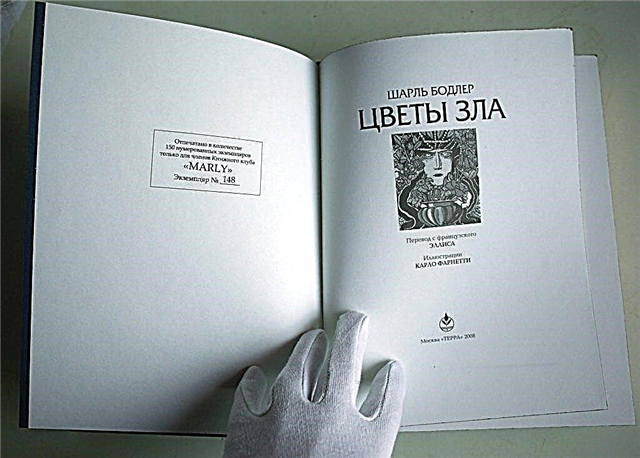


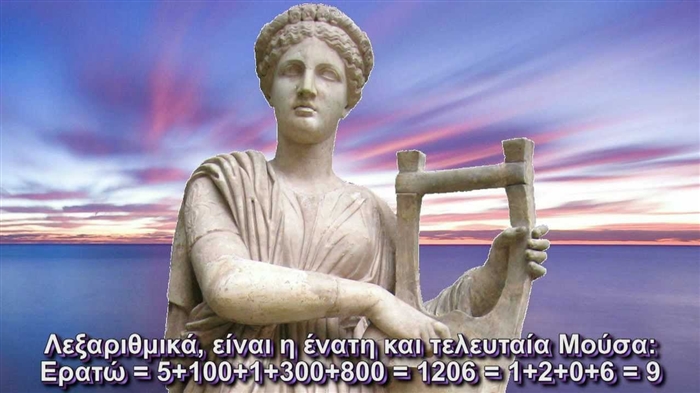
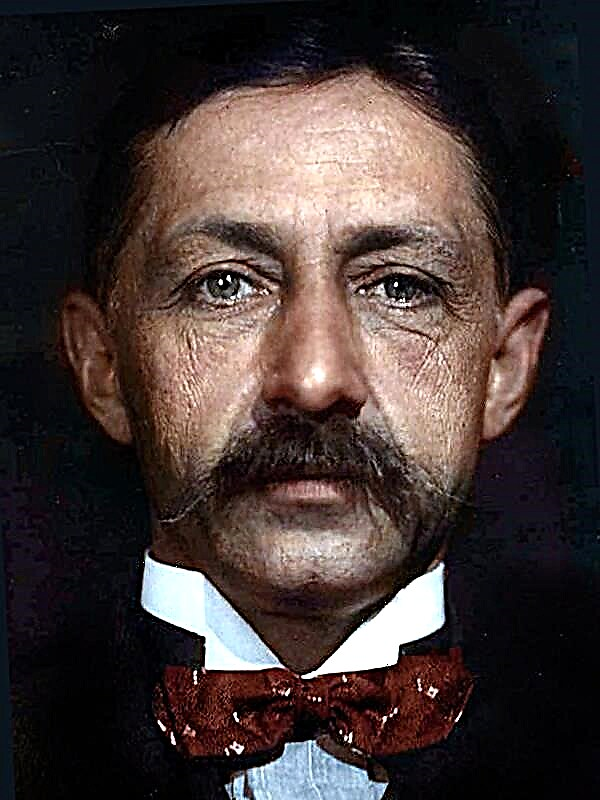
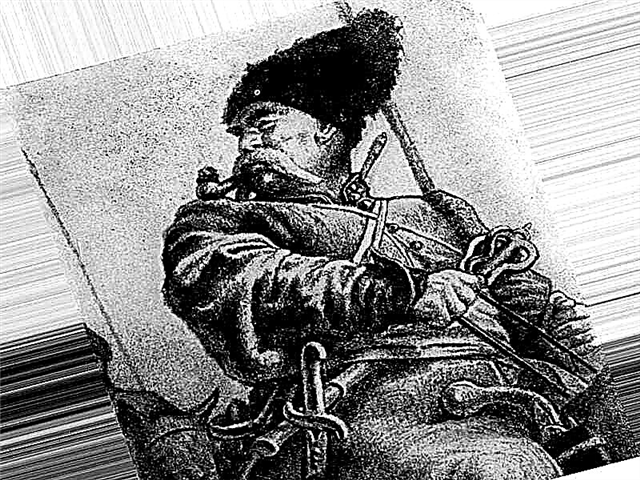
 45 manager tattoos
45 manager tattoos
